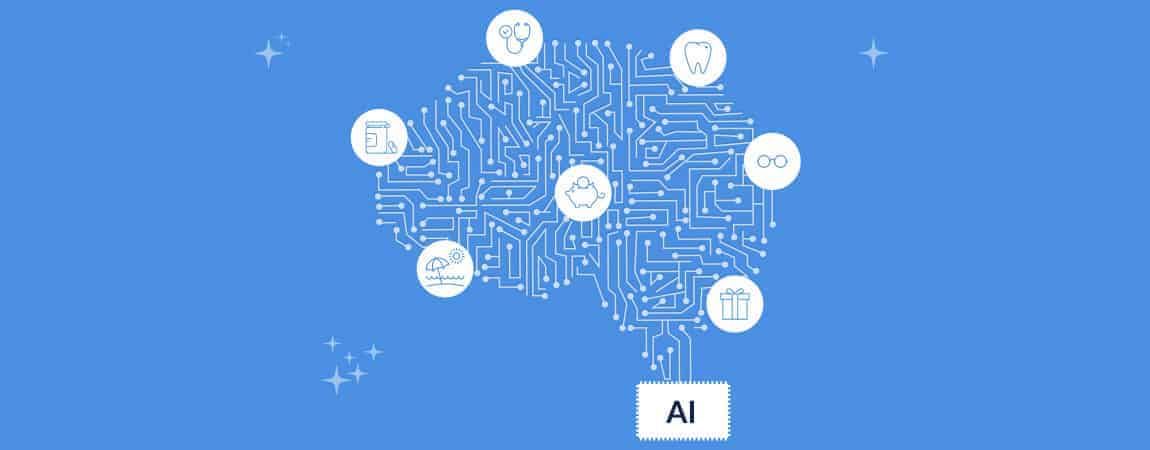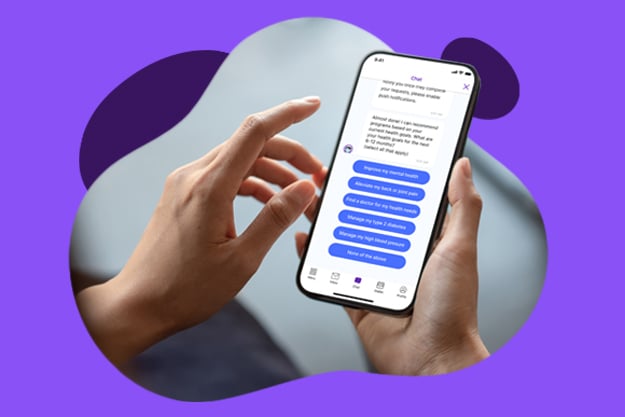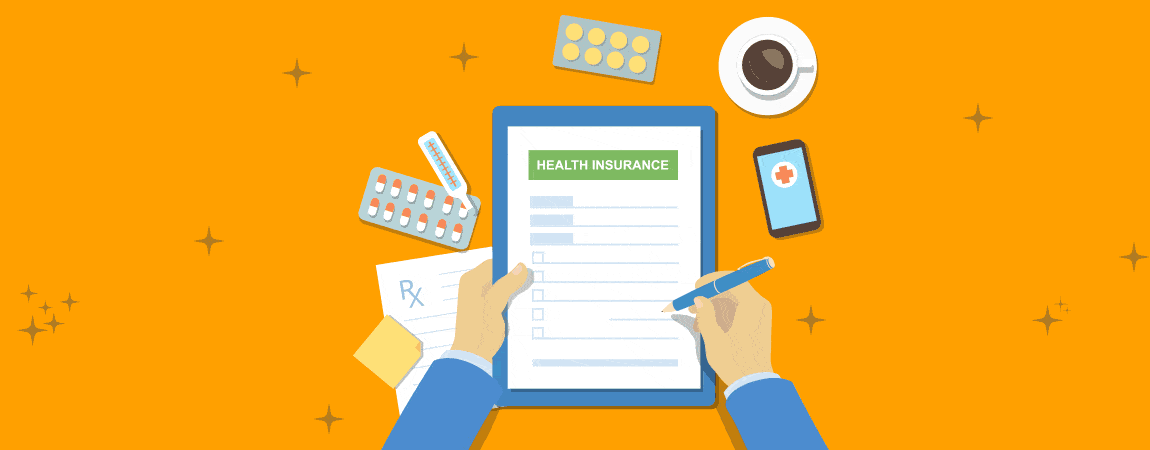How HealthJoy Gets in Front of Healthcare Decisions
For an employee, navigating the healthcare system is just a series of difficult decisions. With unclear pricing and confusing deductibles, it’s...
Connected Navigation Platform
Guiding to high-value care
Behavioral Health
Foster a mentally healthy workplace
EAP
Supporting holistic wellbeing
Virtual MSK Care
Reimagining musculoskeletal care
Virtual Primary Care
Powered by smart navigation
Surgery Centers of Excellence
Best-in-class surgical outcomes
Virtual Urgent Care
Immediate care, any hour of the day
Chronic Care
A new approach to chronic care
Integrations
Flexible to any strategy

It seems that everyone these days is throwing around the terms “artificial intelligence” and “machine learning.” Companies without a single programmer on staff are issuing press releases touting artificial intelligence (AI) as if the term were fairy dust that could magically improve their product. But what are AI and machine learning, and how is AI impacting healthcare and employee benefits?
These technologies are rapidly changing industries, and the productivity implications are profound. According to a report by PWC, global GDP will increase 14% by 2030 – an additional $15.7 trillion – due to the integration of AI. Before we go into how AI is impacting employee benefits, let’s discuss what AI and machine learning are.
With traditional methods of programming, you write instructions for a computer to process input, and the computer produces some output. For example, a car insurance company might calculate your rates by getting input about your driving history, age, car type, zip code and more. The program will then take this input and estimate risk based on the instructions provided and give you the cost of your insurance. With a machine unsupervised learning model, you wouldn’t give a computer a specific set of instructions but instead provide old application data with resulting claims data. The computer would then figure out risk probability and price it accordingly. This learning model would continue to get better over time with more data coming in.
Machine learning is a type of AI that was created to help analyze massive data sets that would be impossible for a human to work on alone. Machine learning is self-improving, so the results get better over time as more data becomes available. This is one of the reasons that companies like Facebook are investing in these technologies; they want to improve advertising targeting based on likes and interests.
AI is a broader concept that involves machines performing different tasks that are characteristic of human intelligence. This would include things like understanding language (NLP), recognizing objects (CNN’s), general problem solving and learning. Programmers categorize AI as either general in scope or narrow. General would involve all the functions mentioned above in one grand program while narrow is a more focused use of the technology. These days, the use of narrow AI is more common as programmers want to limit the scope of a project. People select specific tasks to make more intelligent and look to make incremental improvement.
With the hype around AI, people seem to expect a momentous business change to happen in an instant. This might occur in specific cases like medical imaging, which is a perfect narrow problem for AI to solve, but in general AI is going to have a significant impact as a series of smaller changes that will add up to something more meaningful. Here are a few changes we are seeing today that are impacting employee benefits and healthcare:
We use AI with our in-house, custom-built member relationship management system that our healthcare concierge team uses every day. Our AI system can make text chat recommendations, which our Concierge can select and edit as needed, to speed up service. The AI makes recommendations based on claims data, if available that the Concierge should be aware of. In one situation, AI saves a few seconds when we are providing service. In the other, it helps us improve the quality of our service.
Every time a member uses their health insurance, there is more insight to be derived from their total claims data. This claims data is perfectly suited to analysis by AI. Medical and Rx claims, biometric screening, and onsite clinic information can all be analyzed to understand someone’s health and provide possible recommended action. For example, if a member has been on a medication for years and a generic alternative comes into the market, our system might recommend a switch to save money.
Virtual assistants like Siri, Alexa and JOY all use artificial intelligence to deliver their experience in many different ways. Our application uses machine learning when processing photos and visual information. We continue to invest in R&D to add AI to more functionality and improve our experience.
We’ve talked about how we are using AI for eligibility file management in BenefitsPro in the past. Dealing with large imports is the perfect use case for AI.
Adding AI will improve each area incrementally, and the sum of these improvements will lead to huge leaps in productivity. We are striving every day to streamline things for our clients, resulting in better service at lower costs.

For an employee, navigating the healthcare system is just a series of difficult decisions. With unclear pricing and confusing deductibles, it’s...

Last year my good friend was starting a new business. He loved his idea and couldn’t wait to start growing, selling and expanding. But he also...

Modern work environments with schedules that require over a 40 hour work week can make it challenging to plan doctor’s appointments during the...